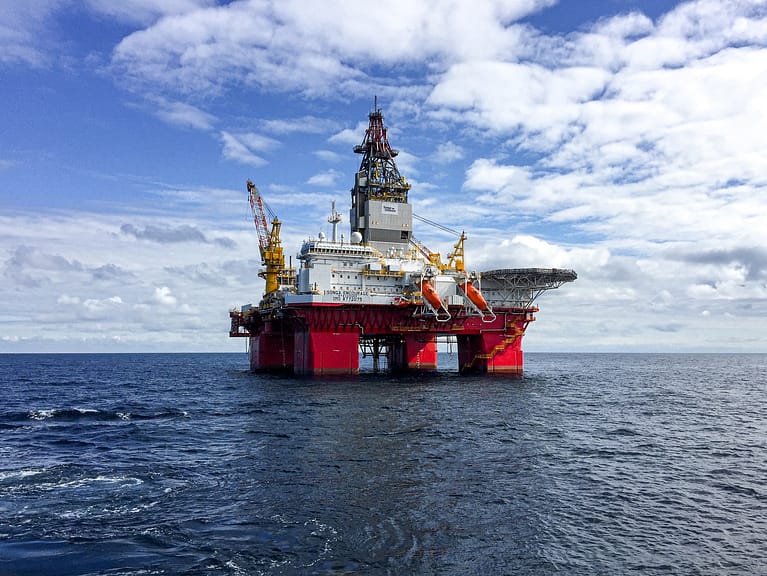Oil and Gas Fundamentals Training
Key Features of our Oil and Gas Training
- Essential Industry Insights: Dive into the world of oil and gas with a course that covers all the basics you need to know.
- Expert Guided Learning: Learn from industry professionals guiding you through the ins and outs of the oil and gas world.
- Interactive Exploration: Engage in hands-on activities, teamwork, and real-world examples that make learning about oil and gas exciting and practical.
- Flexible Learning Options: Choose the way you want to learn—attend in-person classes or join online sessions that fit your schedule.
- Career Boosting: Propel your career in the oil and gas industry by arming yourself with the foundational knowledge needed to stand out and move forward.
- Beginner-Friendly: No prior experience needed—this course is designed for newcomers to the industry who want to start off strong.
- Networking: Connect with fellow participants and build your professional network while learning about the exciting world of oil and gas.
- Certificate of Completion: Earn a certificate that proves you’ve mastered the basics of oil and gas fundamentals, enhancing your credentials and showing your dedication to learning.
Course Details
By the end of this 2-day crash course, participants will be able to:
- Understand the historical significance and global distribution of oil and gas resources.
- Recognize various hydrocarbon resource types and their significance in energy production.
- Explain the exploration techniques and drilling processes used to locate and extract oil and gas reserves.
- Comprehend the basics of reservoir engineering and its role in reservoir management.
- Evaluate the environmental impact assessment processes relevant to oil and gas operations.
- Identify key health and safety regulations in the industry and their importance.
- Analyze the economic factors influencing oil and gas market dynamics, including pricing mechanisms.
- Discuss future trends and innovations in the industry, including advancements in exploration and the transition to cleaner fuels.
Throughout the course, participants will acquire foundational knowledge about the oil and gas industry, enabling them to engage in meaningful discussions about its processes, challenges, and potential opportunities. This crash course aims to equip participants with a broad understanding of essential concepts, setting the stage for further exploration and study in the field.
Day 1: Introduction to Oil and Gas Industry
Session 1: Introduction and Industry Overview
– Historical significance of oil and gas
– Types of hydrocarbon resources
– Global distribution of reserves
– Q&A and introduction to the course structure
Session 2: Exploration and Production
– Exploration methods and technologies
– Drilling techniques and equipment
– Importance of reservoirs in hydrocarbon extraction
– Q&A and interactive discussion
Session 3: Downstream Operations
– Overview of refining processes
– Transportation methods and distribution networks
– Introduction to petrochemical industry and its products
– Q&A and brief group discussion
Session 4: Environmental Considerations and Future Trends
– Environmental impact assessment processes
– Health and safety regulations in the industry
– Transition to cleaner energy sources and technologies
– Q&A and interactive discussion: Balancing industry and environment
Day 2: Economics, Market Factors, and Case Studies
Session 5: Economic and Market Factors
– Pricing mechanisms and market dynamics
– Role of OPEC and other market influencers
– Economic challenges and opportunities in the industry
– Q&A and interactive analysis of current market trends
Session 6: Future Trends and Innovations
– Technological advancements in exploration and production
– The evolving energy landscape and its impact on the industry
– Interactive discussion: Implications of renewable energy on the industry
– Q&A and brainstorming future scenarios
Session 7: Case Studies and Wrap-up
– Real-world project examples showcasing industry challenges and solutions
– Brief analysis of industry trends and potential disruptions
– Q&A and open discussion
– Course recap, key takeaways, and distribution of certificates
- Open to individuals with a diploma or equivalent.
- Basic understanding of scientific and engineering principles is recommended.
- Interest in gaining foundational knowledge about the oil and gas industry.
Google Reviews




